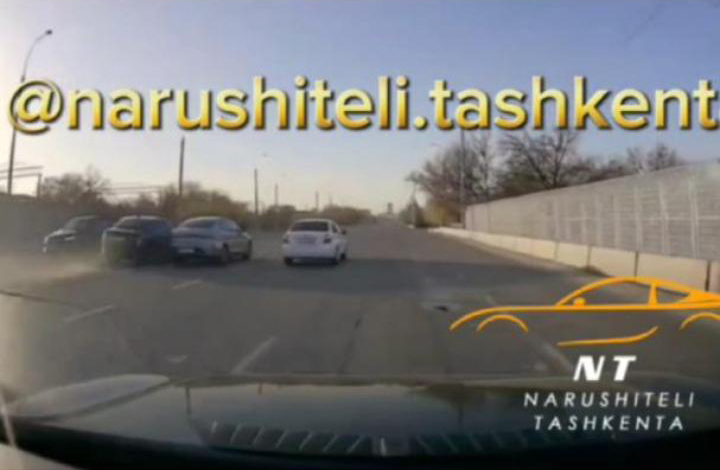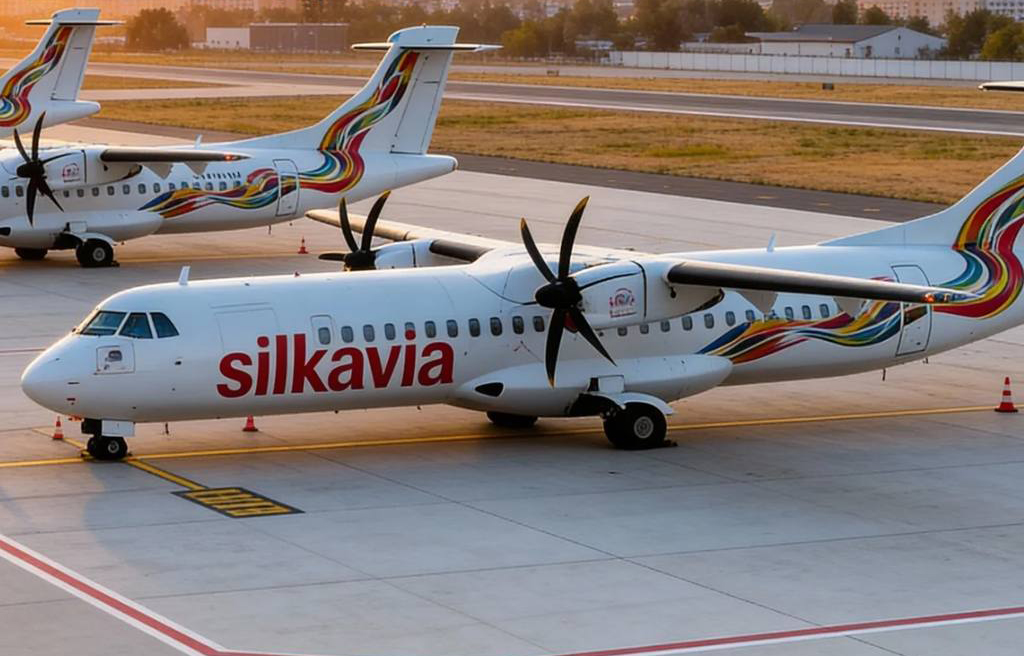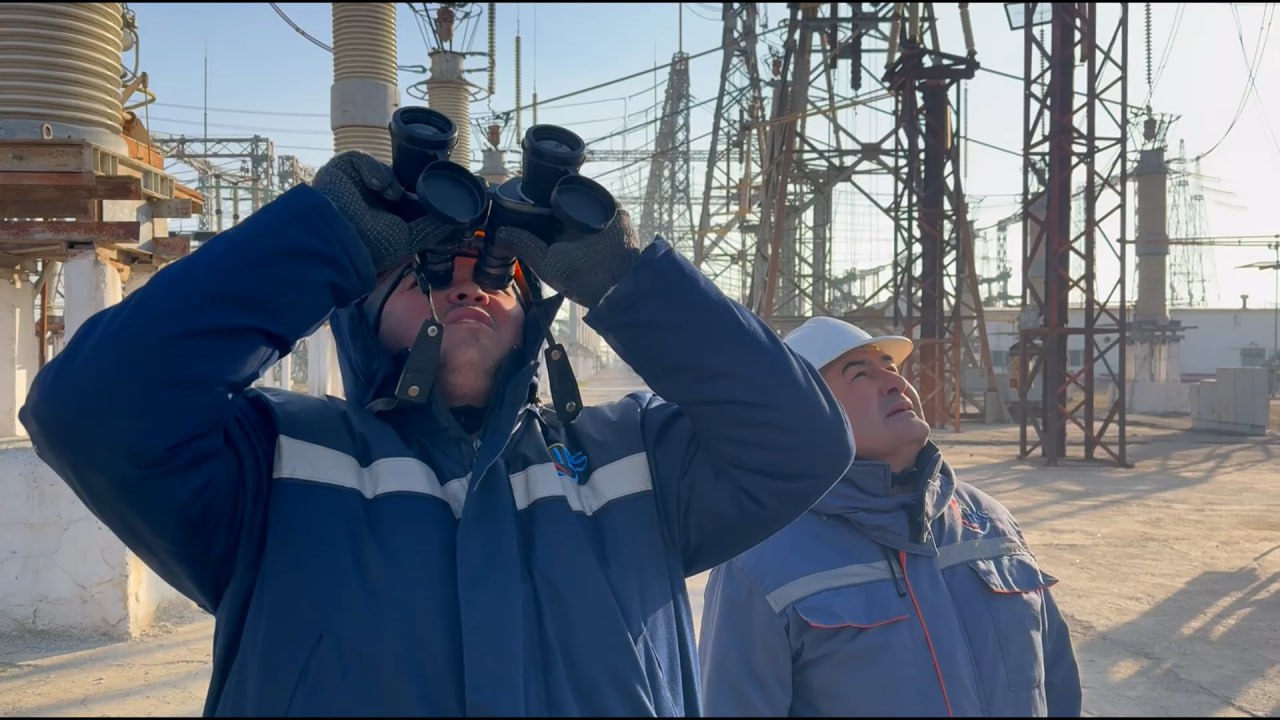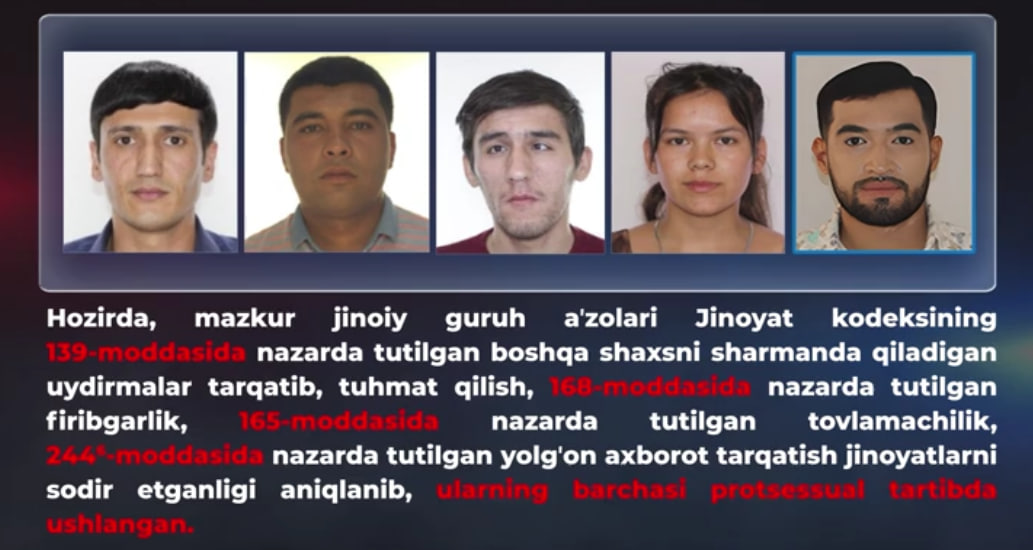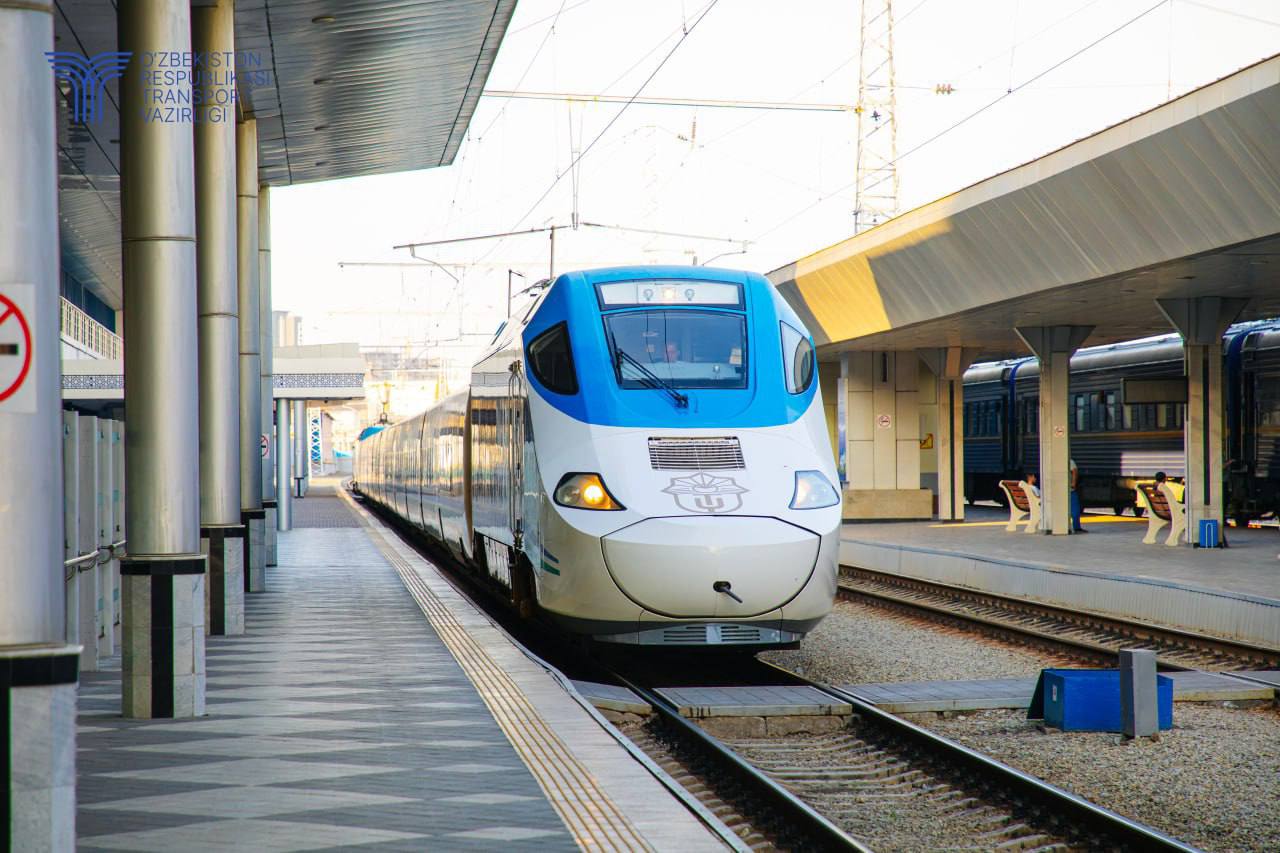Интересный факт об экономике Узбекистана привлёк внимание общественности: производство шаурмы и лавашей приносит государству больше налогов, чем автомобильный завод BYD в Джизакской области. Об этом рассказал аналитик Тимурмалик Эльмурадов, опираясь на данные о налоговых поступлениях от крупных компаний в республике.
Сравнение действительно впечатляет. По словам Эльмурадова, автозавод BYD Uzbekistan Factory за первые пять месяцев 2024 года уплатил налоги в размере 23,9 миллиарда сумов. Для сравнения, сеть быстрого питания Evos за тот же период заплатила налогов на сумму 26,5 миллиарда сумов. При этом, товарооборот автозавода составил внушительные 1,7 триллиона сумов, в то время как оборот Evos был значительно меньше — всего 330 миллиардов сумов. Однако налоговая нагрузка на автозавод составила чуть более 1%, а на сеть фаст-фуда — 8%.
Эти данные вызвали активные обсуждения, особенно в контексте налоговых стимулов и преференций для различных секторов экономики. Эльмурадов отметил, что Международный валютный фонд (МВФ) недавно рекомендовал Узбекистану пересмотреть налоговые стимулы для привлечения инвестиций, чтобы снизить их негативное влияние на бюджет.
«Было бы неплохо», — подчеркнул аналитик, указывая на необходимость изменений в налоговой политике.
Журналист и блогер Никита Макаренко также прокомментировал эту ситуацию. По его мнению, цифры показывают, что Evos является гораздо более эффективным налогоплательщиком, чем автозавод.
«Выходит, что для республики выгоднее производить шаурму и лаваши, чем электромобили», — иронично отметил Макаренко.
По его словам, маловероятно, что Evos получает значительные налоговые или таможенные льготы, в отличие от автопрома. При этом сеть фаст-фуда не требует введения таможенных пошлин на импортные кебабы.
«Критики вступления Узбекистана в ВТО говорят, что нам будет очень больно, если мы лишим наш автопром льгот и преференций. Но, судя по этим цифрам, эту потерю может компенсировать даже McDonald’s, если зайдёт на наш рынок», — заключил Макаренко.
Налоговые льготы и преференции: за и против
Этот случай поднимает важные вопросы о налоговых льготах для крупных предприятий и эффективности их использования. Автопром, как и другие ключевые отрасли, часто пользуется значительными налоговыми стимулами, что снижает их вклад в государственный бюджет. Это приводит к тому, что малые и средние предприятия, такие как Evos, несут на себе значительную часть налоговой нагрузки.
Дискуссия также затрагивает будущее вступления Узбекистана во Всемирную торговую организацию и возможные последствия для автопрома. Введение равных условий для всех отраслей экономики может помочь стране диверсифицировать свои источники налоговых поступлений и уменьшить зависимость от льготных условий для крупных производителей.
Таким образом, вопрос остаётся открытым: стоит ли продолжать поддерживать автопром за счёт значительных налоговых льгот, или же стране выгоднее сосредоточиться на поддержке малого и среднего бизнеса, который, как показывает опыт Evos, может быть более эффективным источником налоговых поступлений?



